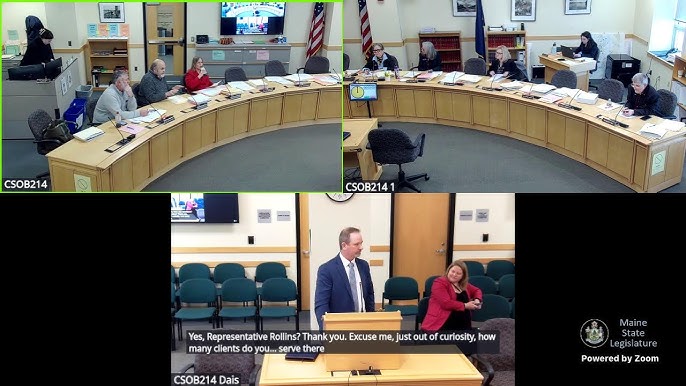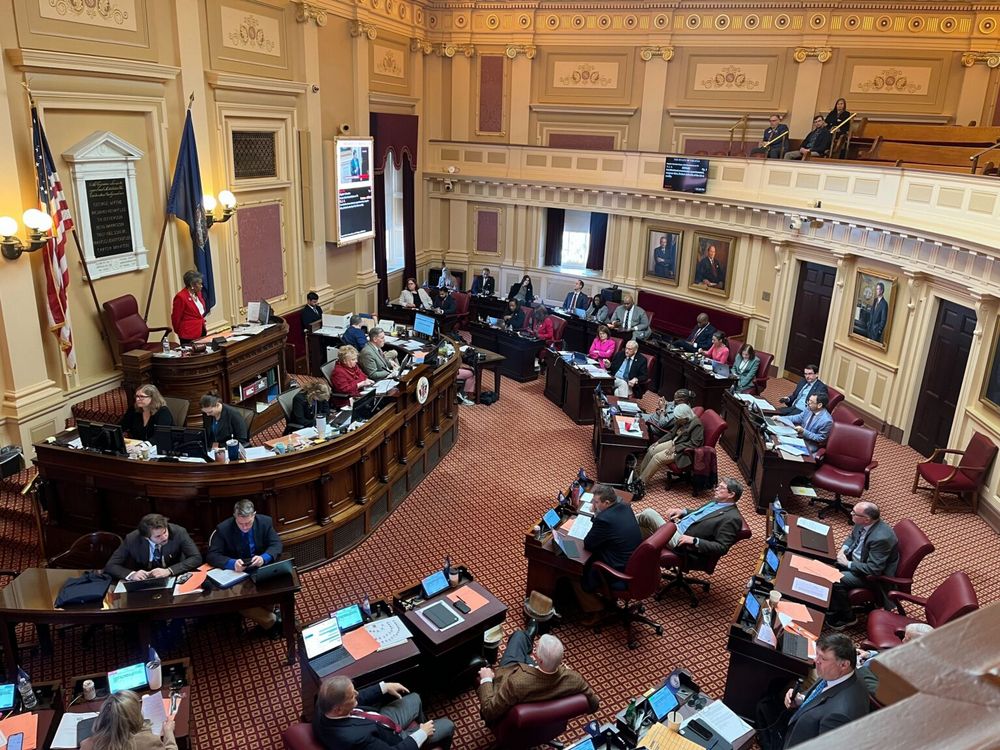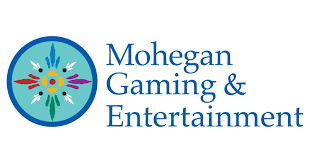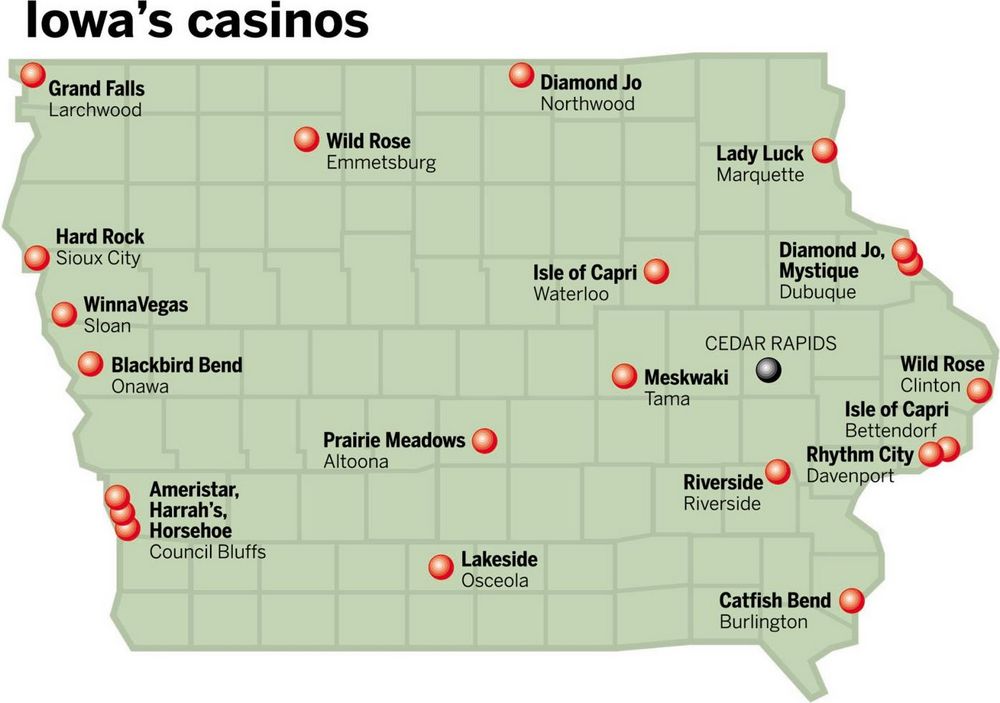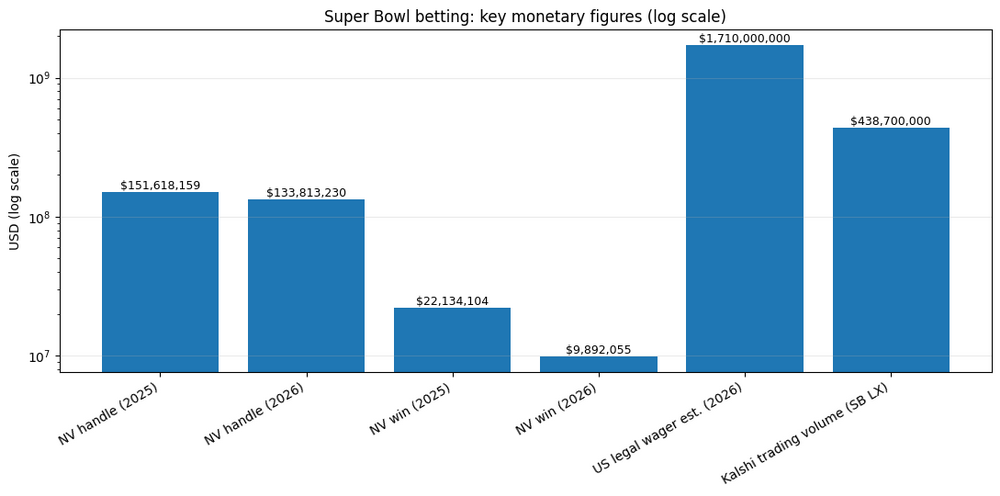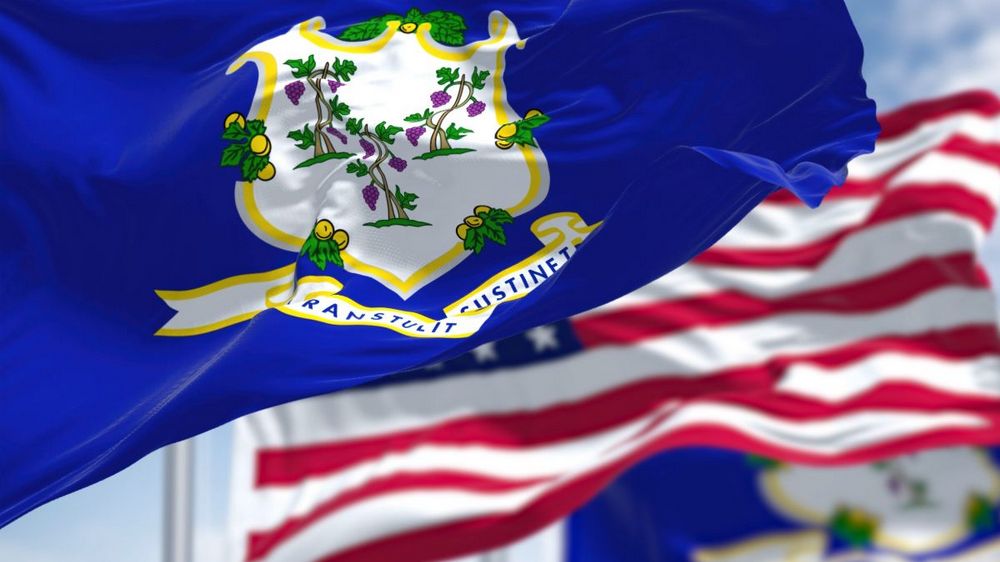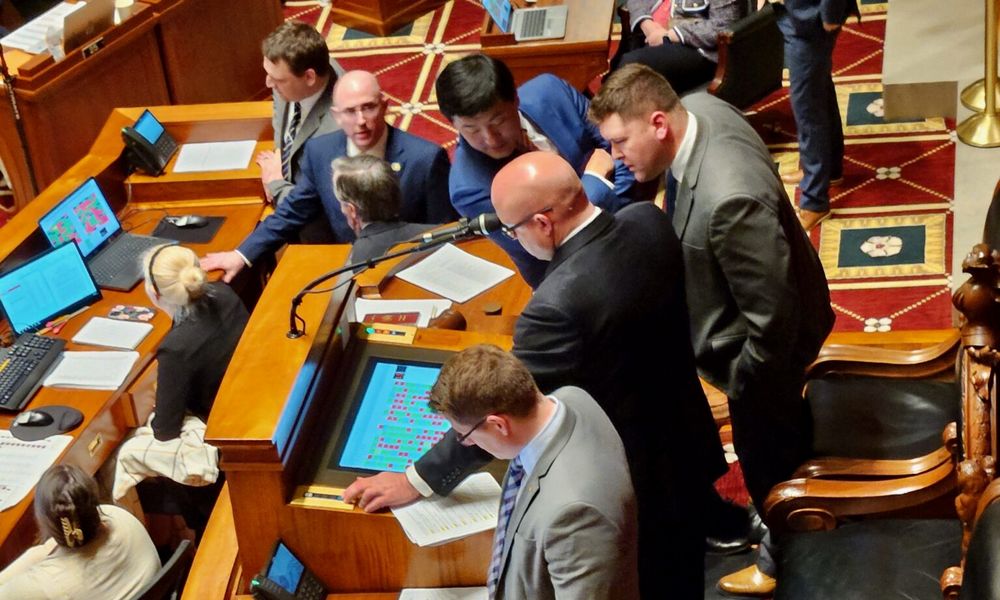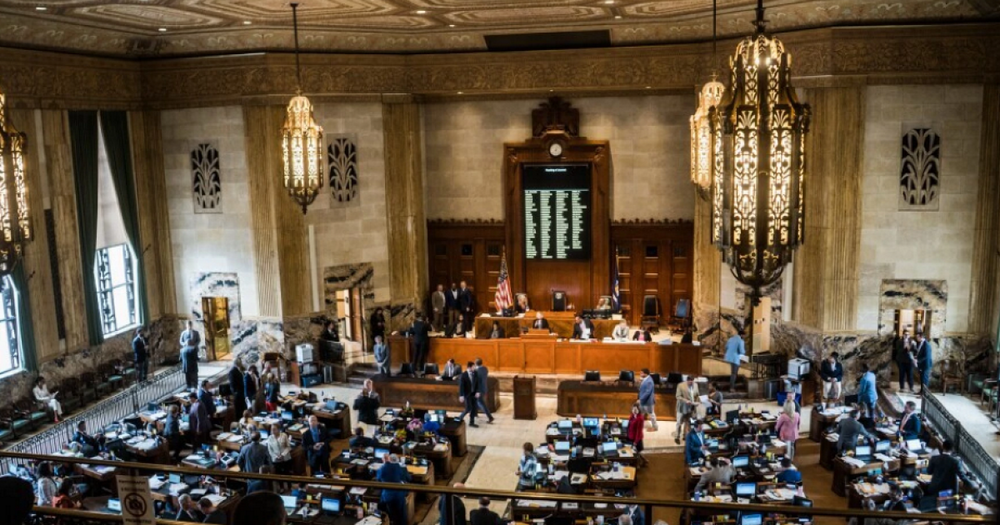Ontario has implemented a significant policy change in its charitable gaming sector, removing commission caps for lottery ticket sellers effective August 5, 2025. The Alcohol and Gaming Commission of Ontario (AGCO) announced that charities running Paper Raffles, Media Bingo, and Catch the Ace paper lotteries can now negotiate seller commissions without previous statutory limits.
Gaming gale: Ontario iGaming operators surge past $200 billion bets
This regulatory adjustment aims to reduce financial burdens on charities and harmonize commission frameworks across different lottery products within the province. Licensed organizations must continue compliance with provincial laws regarding lottery trust accounts and gaming operations.

AGCO chair, Lisa Robinson, hailed the policy shift as “a vital step toward enabling charitable organizations greater flexibility in managing operational costs while maintaining transparency and accountability.” Robinson emphasized the change reflects the commission’s commitment to balancing fundraising efficiency with regulatory oversight, particularly in managing the diverse needs of Ontario’s nonprofit sector.

The legal basis for this update lies within the Gaming Control Act, 1992, and associated charitable gaming regulations that govern lottery licensing and execution in Ontario. The AGCO’s adjustments align with the Act’s objectives to ensure gaming activities are fair, lawful, and support charitable purposes. Notably, the removal of commission caps applies only to authorized charitable lottery events conducted under strict municipal or provincial licensing, maintaining conflict-of-interest prohibitions and rigorous trust account management. The commission also reiterated the necessity for all gaming suppliers and sellers to remain registered and compliant with regulatory standards.
From an economic and operational perspective, this amendment can alleviate administrative overhead for charities by allowing them to adapt seller commission rates based on service costs and market conditions. Moreover, harmonizing commission policies across lottery products may encourage more sustainable fundraising practices and improved stakeholder collaboration.
Local municipalities retain their licensure and enforcement roles, supporting consistent application and compliance in their jurisdictions. This regulatory evolution could ultimately enhance the viability of charitable lotteries as a resource in Ontario’s nonprofit funding ecosystem.
As Ontario redefines the charitable lottery commission landscape, this regulatory surge represents both an opportunity to stabilize fundraising models and a challenge to maintain effective oversight.












